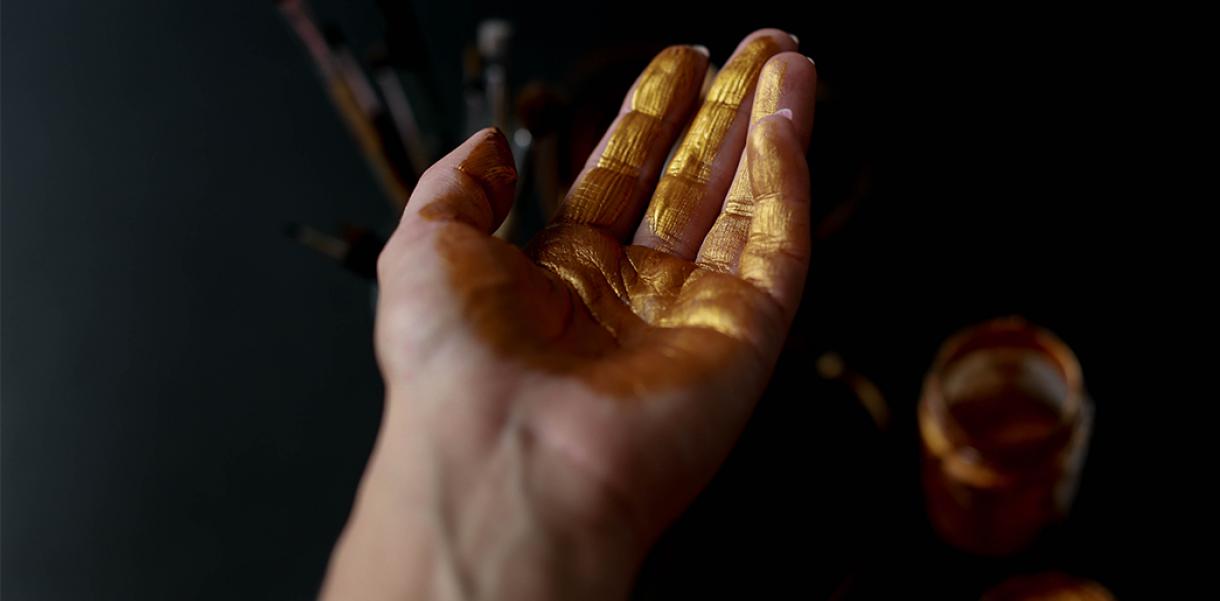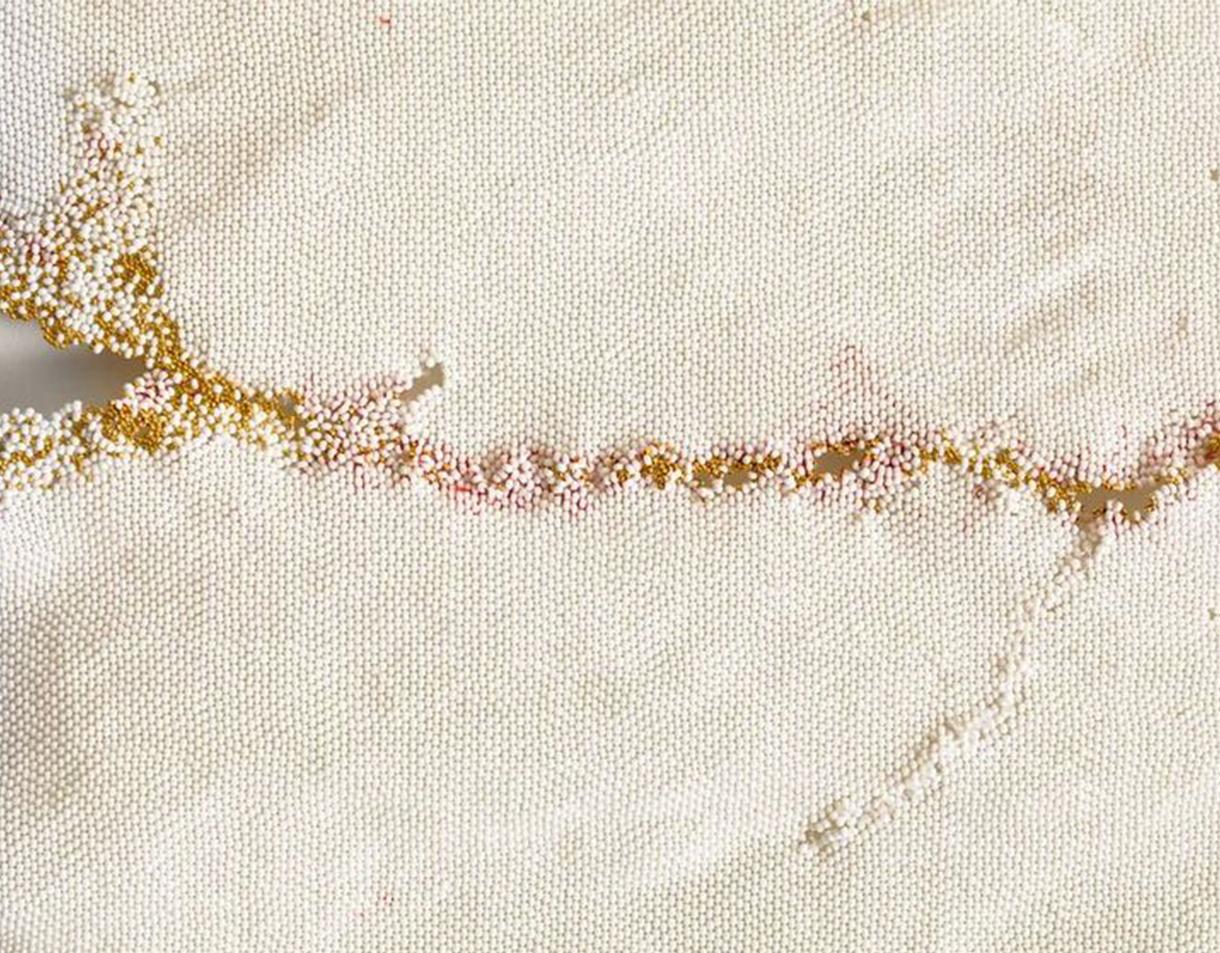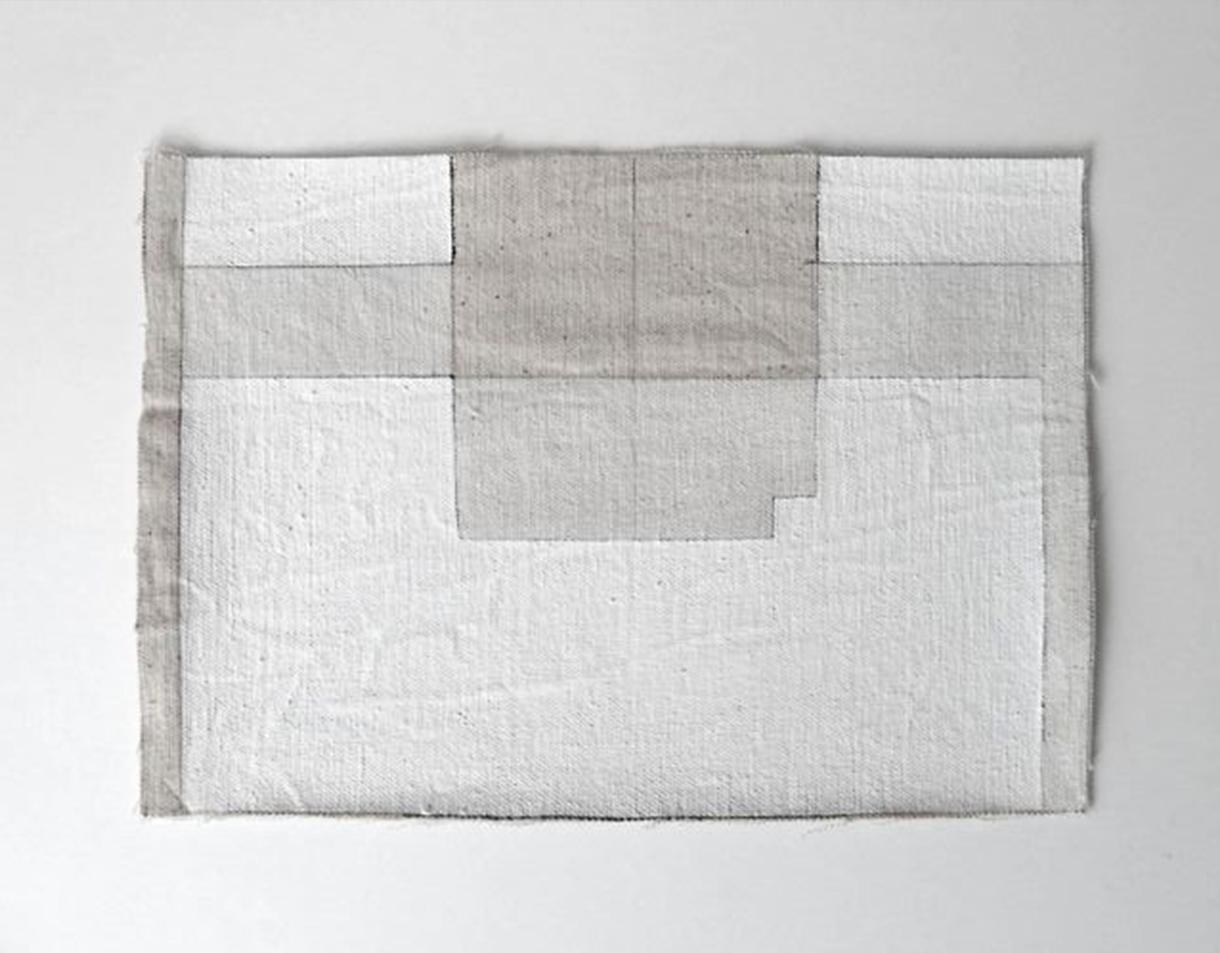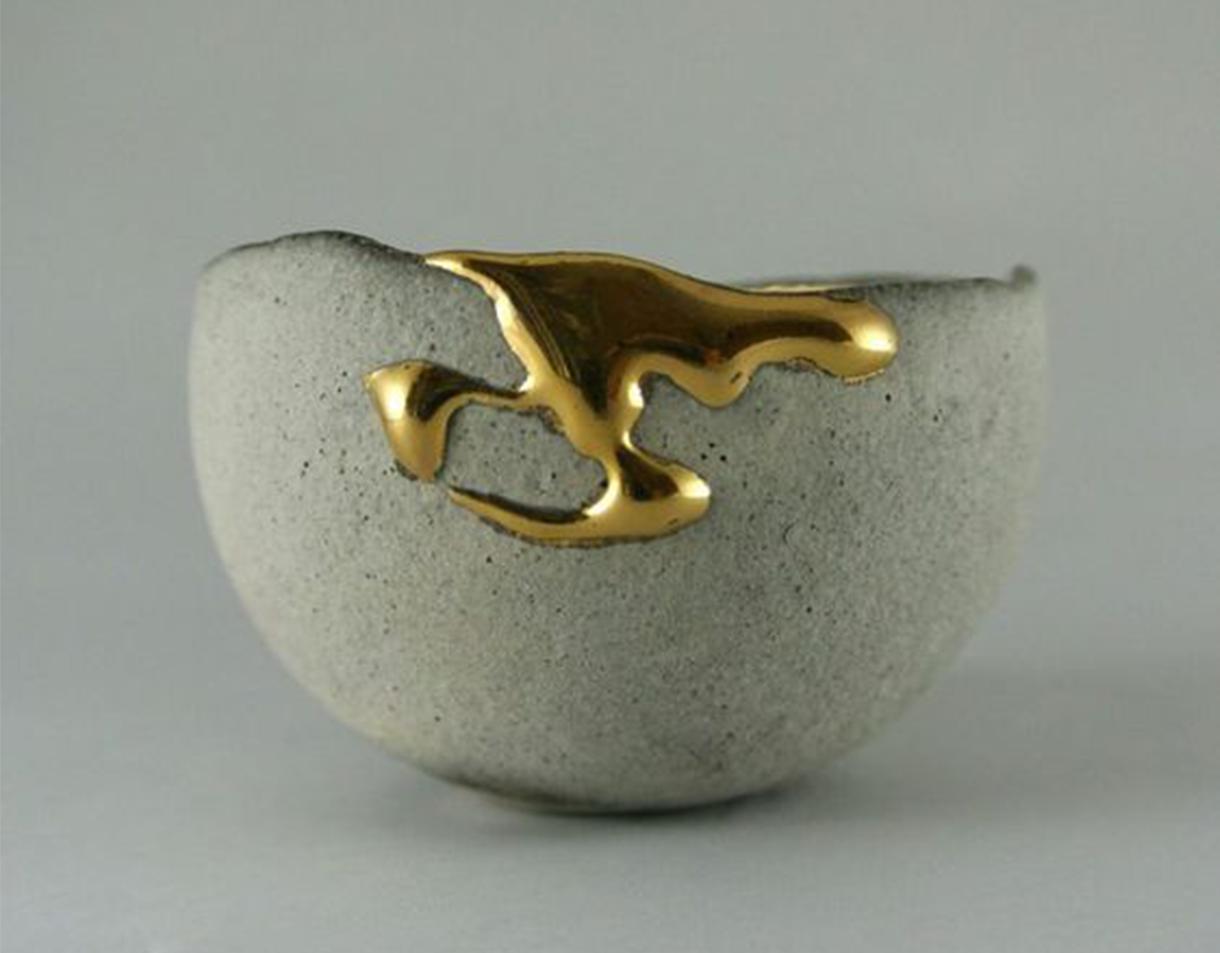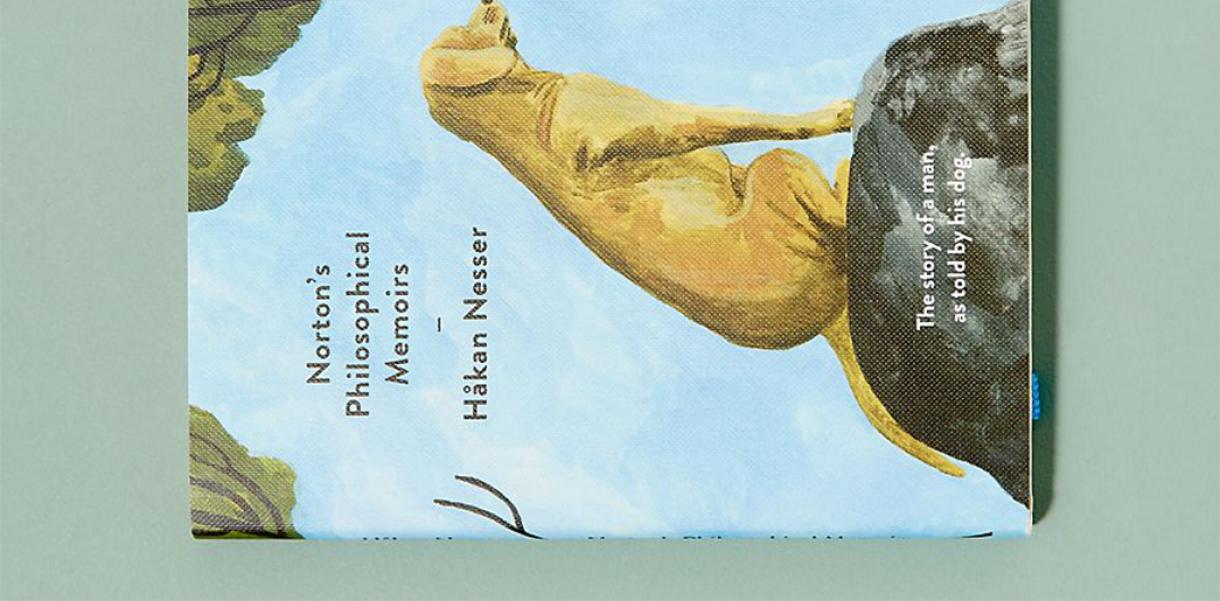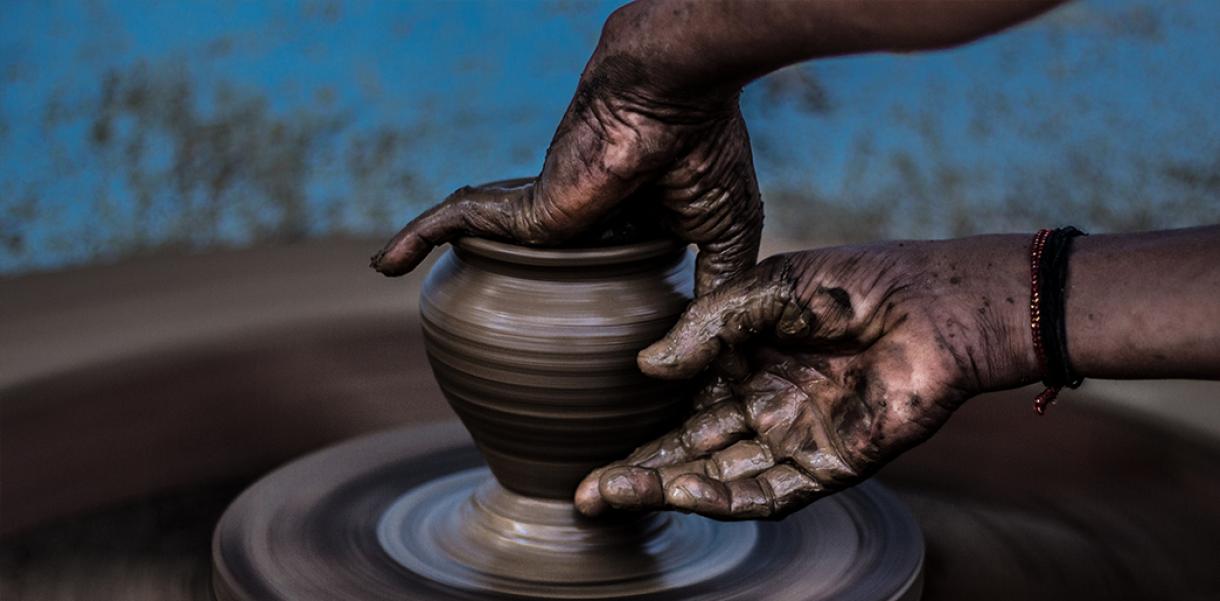Like many others, I enjoy buying a new piece of clothing or upgrading my home. For me, it's a joyful quick fix to go out and bring beautiful objects back to the nest. This isn't just something I do but a way of expressing my identity.
In recent months, I've gone through a turbulent time in my life with major changes and sorrows. In the aftermath, I've had a strong urge to renew and change my surroundings. I spent a lot of money at the hairdresser, bought new clothes and redecorated my apartment. I painted walls and, in the best Marie Kondo-style, cleaned up and put items out for recycling. In retrospect, this was to gain control and give myself a breath of fresh air.
The mental and physical are closely linked, and what we buy helps to 'brand' yourselves as human beings. A messy home can be connected to a life that's out of balance. And by controlling our surroundings, we believe it gives us some control.
"The Wabi-sabi mindset ― the view that we can achieve greater peace in ourselves by accepting the imperfect."
However, it's not sustainable for our wallets nor the planet to continually renew ourselves and follow the latest trends. But, easy to say, hard to do. After all, who doesn't love the feeling of sitting in a new t-shirt, with a print that communicates what a fun and easy-going person you are?
I recently went to Japan for the first time, where I learned the word Kintsugi. Kintsugi means golden (Kin) joinery (tsugi). "To unite with gold". Practically, it's about repairing damage and cracks in, for example, ceramics with varnish and gold powder. This way, the flaw in the ceramic is gilded and elevated, and the crack becomes a unique part of the object, contributing to its beauty.
Kintsugi stems from the spiritualism of Buddhism and the Wabi-sabi mindset ― the view that we can achieve greater peace in ourselves by accepting the imperfect. A kind of poetic way of embracing the faults and shortcomings of ourselves and our surroundings. It's reflected, for example, in Buddhist Zen gardens where there are perfectly cracked sand patterns broken by stone. The mindset has a great love for what has been its history, fragility, the broken and the humble.
"In our modern Western, consumer-driven society where we're obsessed with youth, novelty, symmetry and proportions ― we endlessly strive for perfection."
While it may sound cliched, there's much to be learned from the Wabi-sabi view. In our modern Western, consumer-driven society where we're obsessed with youth, novelty, symmetry and proportions ― we endlessly strive for perfection. Following trends that come and go. Replacing old things with new. Sharing perfect photos on social media, with the perfect life, the perfect girlfriend or the perfect career.
But, fortunately, life derails us once in a while. We're thrown from our streamlined life recipe, forced to explore other avenues, and our perfectly built house of cards is left in ruins.
Maybe we should try to appreciate ourselves as we are and what we already have, including all flaws? Resist the desire for the next best thing and find renewal by changing our perception?
As a good example, our team's Christmas party gift exchange consisted of re-used items ― things we already had at home that we thought others might enjoy. While it may sound a little cheap, it's unfair that used gifts are looked down upon. We put incredibly high demands on ourselves and what we have around us. It's just not sustainable, not only for our carbon footprint but our mindsets in general.
Who knows? Maybe this mentality can help us the next time our lives are shattered. We might look at the situation with more sympathetic eyes ― with more compassion and tenderness. To the moss on our lawn, the ugly vegetables discarded every day or the deep wrinkles that start to appear in the mirror.
Maybe then we can realise that our lives won't be more complete if we get the Gucci jacket for 40,000 DKK or the latest iPhone we can't live without. It wouldn't only be healthy for the planet but ourselves as well.
